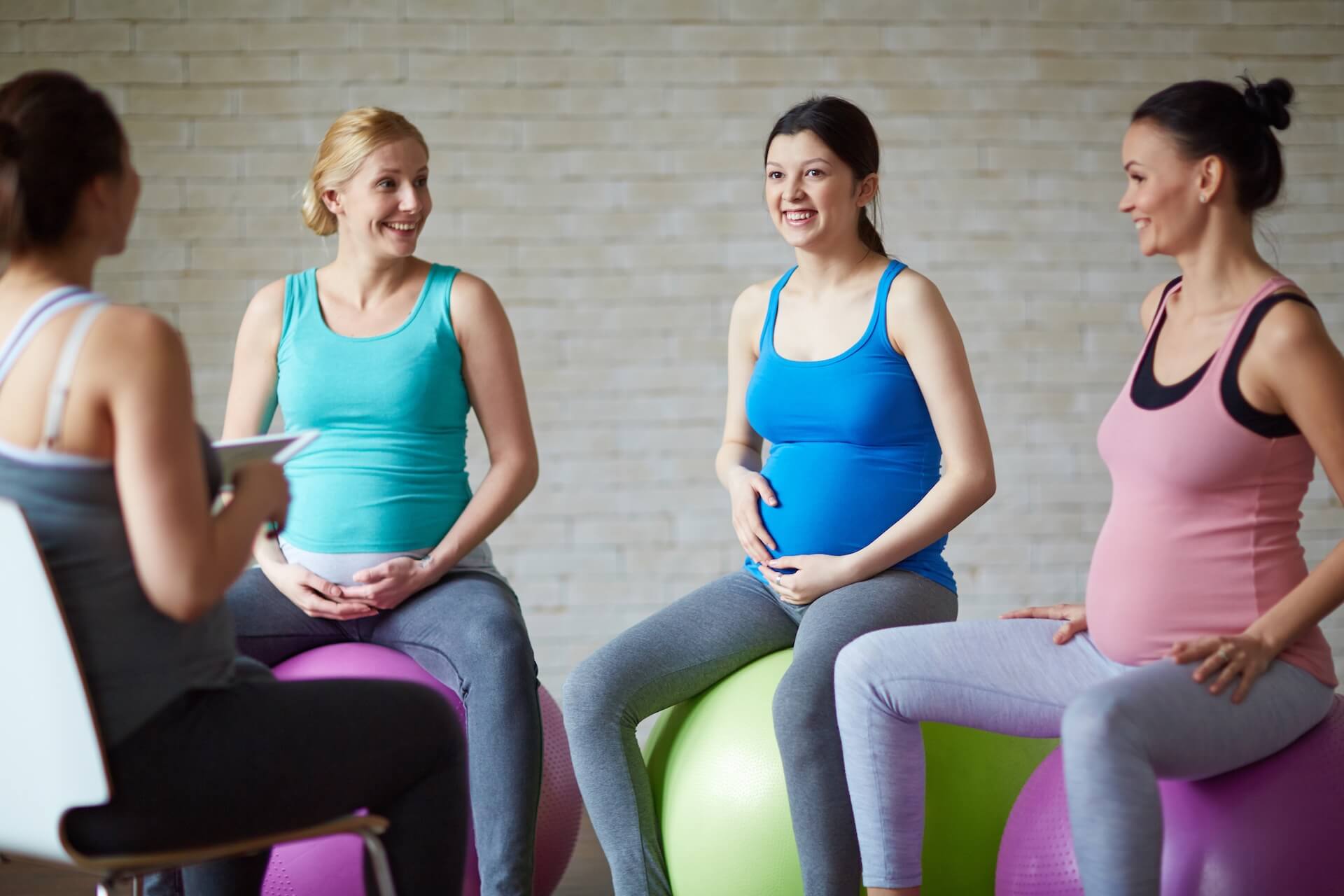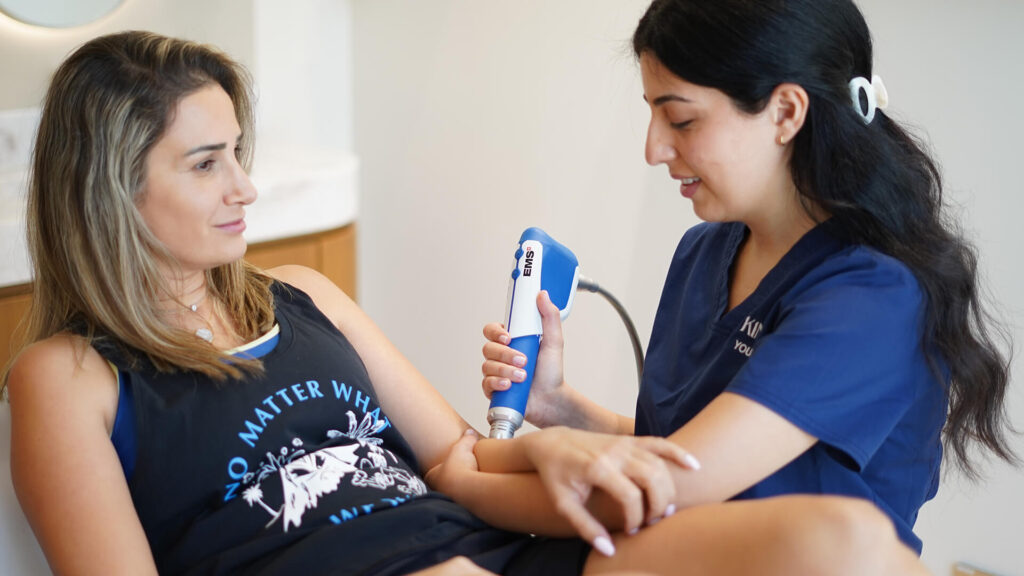By Youlie Warda | Physiotherapist at KINETIKA Physiotherapy Dubai
Pregnancy is often an exciting journey, but it can also bring physical discomfort that affects daily life, movement, and overall well-being. Common issues like low back pain and pelvic girdle pain (PGP) affect many expectant mothers and can interfere with everyday activities. Fortunately, these symptoms can be managed effectively. At KINETIKA we offer safe, evidence-based techniques to relieve pain and support a more comfortable, active pregnancy.
What Causes Back and Pelvic Pain During Pregnancy?
Pregnancy-related low back pain and PGP result from a mix of physical and hormonal changes:
- Hormones (Relaxin & Progesterone): These loosen ligaments to prepare for childbirth but can also decrease joint stability.
- Postural changes: A growing baby shifts your center of gravity, increasing pressure on the spine and pelvis.
- Pelvic load: Extra weight places stress on the sacroiliac joints and pubic symphysis.
- Muscle imbalance: Abdominal and gluteal muscles become weaker or overstretched, reducing core and pelvic support.
Daily Life Struggles with Low Back and PGP in Pregnancy
These conditions can range from mild aches to severe, movement-limiting pain. Symptoms may appear early or later in pregnancy.
- Pain when walking, climbing stairs, or standing for long periods
- Difficulty turning in bed or rising from a chair
- Trouble doing daily tasks like cooking, cleaning, or lifting
- Interrupted sleep due to discomfort at night
- Reduced ability to exercise or enjoy social activities
Beyond physical limitations, pregnancy back pain and PGP can impact mood, energy, and overall quality of life.
How Physiotherapy Can Help
Physiotherapy is a safe, effective, and drug-free approach to managing pregnancy-related pain and discomfort. At KINEITKA, we follow international best practices, adapting them to meet the unique needs of each expectant mother.
Our physiotherapy programs aim to reduce pain, improve movement, and support a more comfortable pregnancy. Depending on your condition and stage of pregnancy, treatment may include:
- Education and Posture Guidance
- Manual Therapy
- Pregnancy safe modalities (e.g. TENS, Dry needling…)
- Pregnancy-Safe Exercises
- Advising on Pelvic Support Options
- Lifestyle and Activity Modifications
Final thought
Low back pain and pelvic girdle pain are common in pregnancy yet manageable. They don’t have to disrupt your daily life or limit your experience of this special time. With the right guidance, you can stay comfortable, active, and prepared for the journey ahead.
At KINETIKA, we support women through every stage of pregnancy, helping their bodies adapt to changes and preventing discomfort from becoming overwhelming. If you’re already experiencing pain, know that help is available. You don’t need to wait until after delivery to feel better. In fact, without proper care, pregnancy-related pain can continue into the postpartum period and even beyond.












